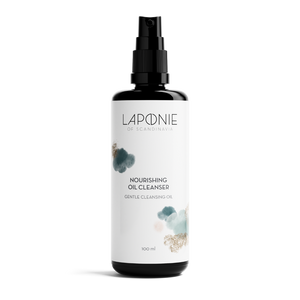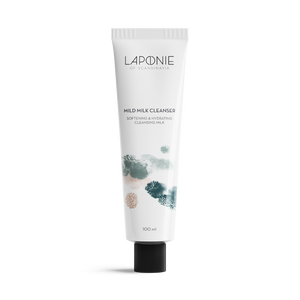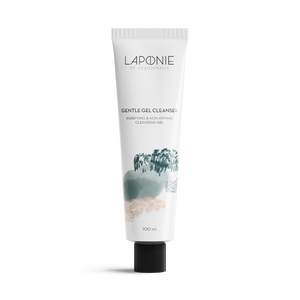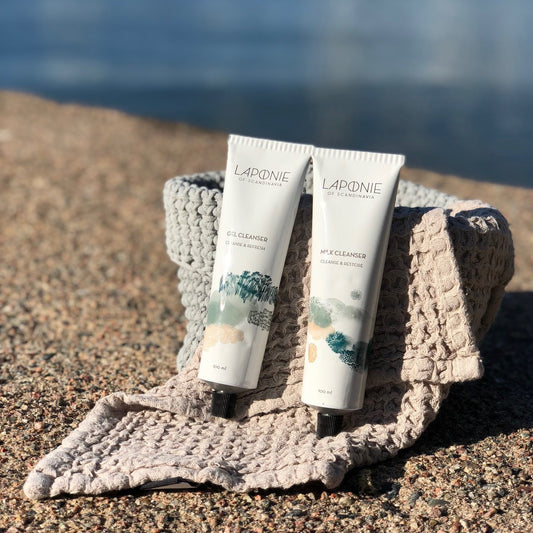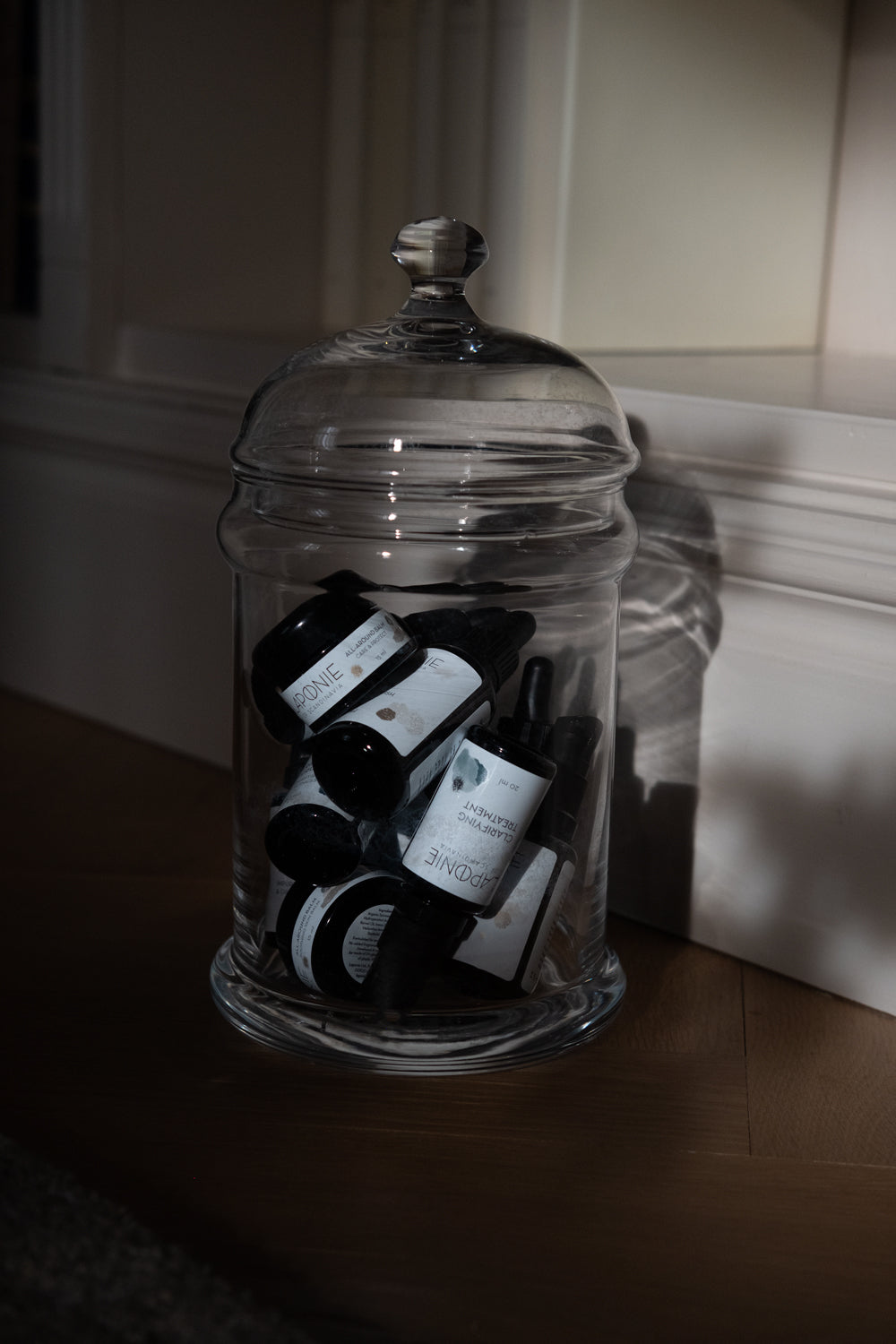Sulfates are a common type of surfactants, i.e. surface-active ingredients, used in cosmetic and household cleaning products. Surfactants are among the most widely used cosmetic ingredients, with the primary function of lowering surface tension between two liquids. Surfactants are used in cosmetic products for, among others, their emulsifying, solubilising, cleansing, foaming, wetting, conditioning, preserving, stabilizing and viscosity controlling functions.
Sulfates belong to the class of anionic surfactants, which are typically used for their excellent foaming and cleansing properties. The possible downside of anionic surfactants in general is their irritating potential, and this is especially the case for sulfates and sensitive skin. The most commonly used sulfates are sodium lauryl sulfate, ammonium lauryl sulfate, and sodium laureth sulfate.
So how can sulfates irritate sensitive and problem skin? In short, sulfates and specifically SLS (sodium lauryl sulfate), may irritate skin by disrupting the natural oils that maintain the skin’s protective barrier, increasing trans-epidermal water-loss. This may lead to direct skin damage, and may also reduce the skin’s ability to function normally, triggering a bunch of skin problems, such as eczema and acne. We’ve talked about the importance of a healthy skin barrier before in our blog, and how disrupting it can cause a lot of issues on any skin - this would seem to be the main problem with sulfates for sensitive skin.
Finally, sulfates as such are not in any way dangerous in skincare, but they may constitute a problem for sensitive skin, and for this reason sensitive and problem skins may benefit from steering clear. We use non-ionic surfactants in both our Mild Milk Cleanser and Gentle Gel Cleanser.
